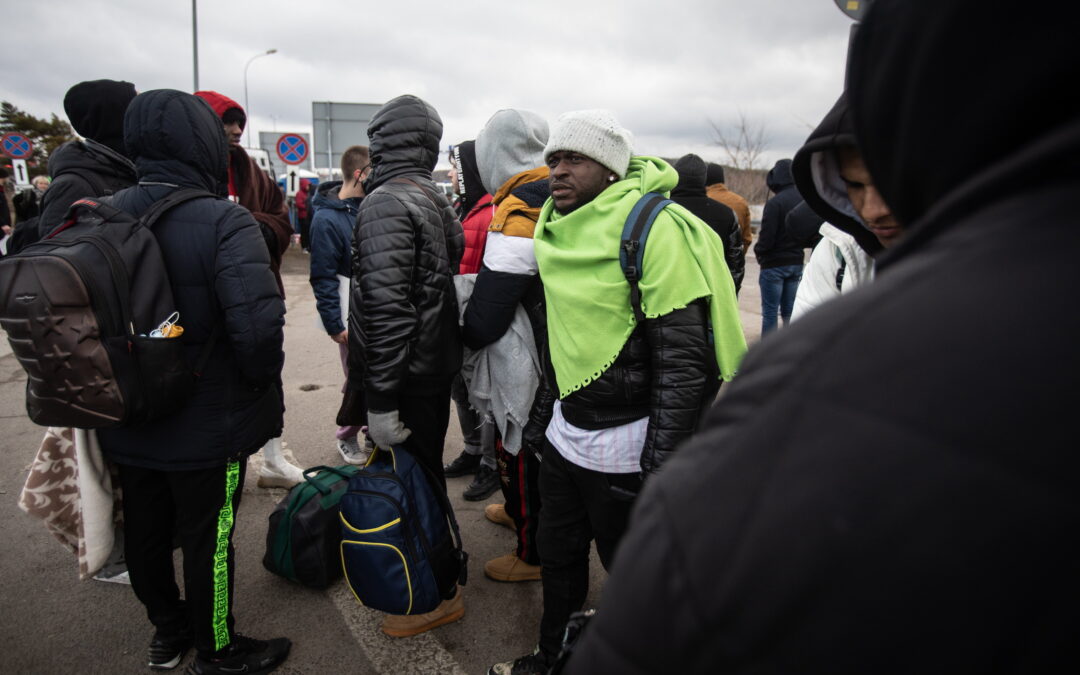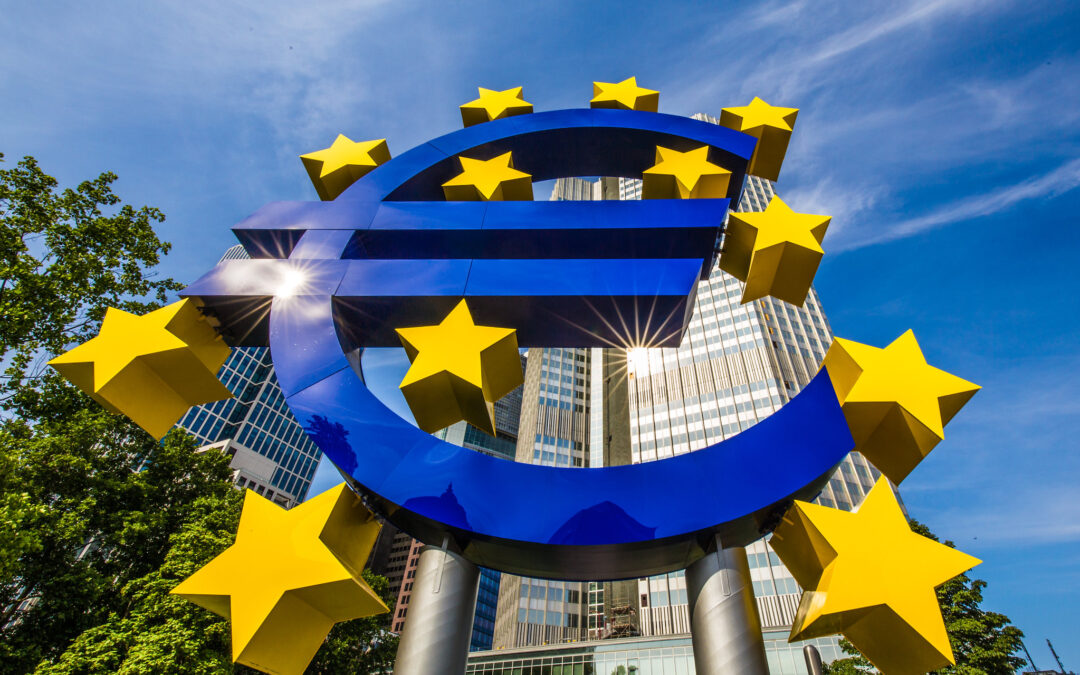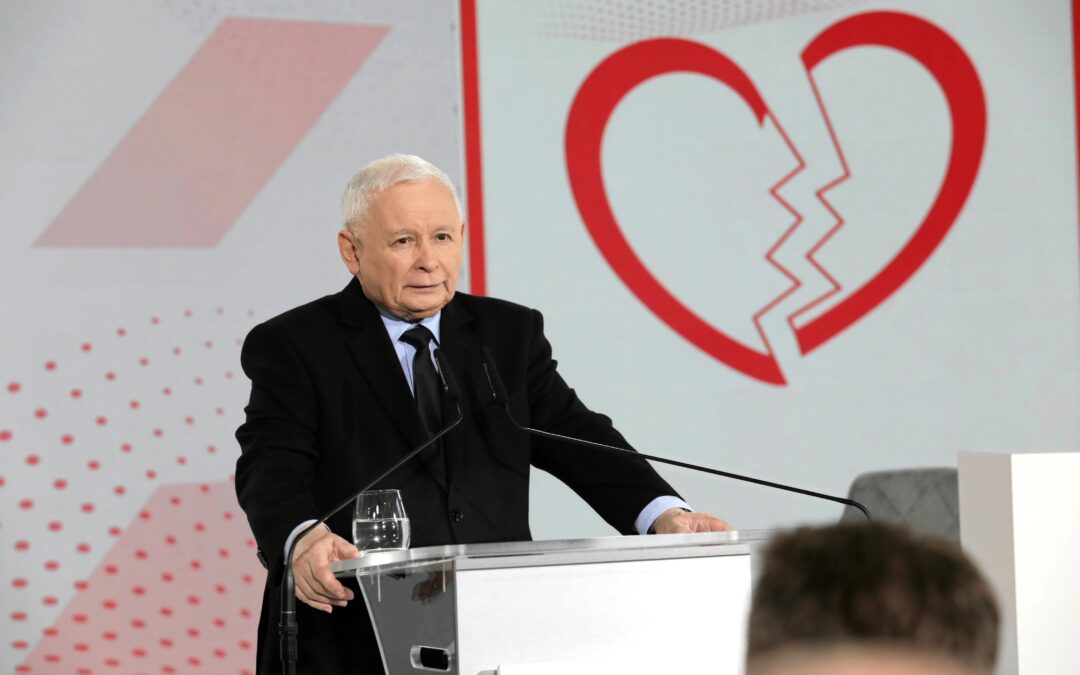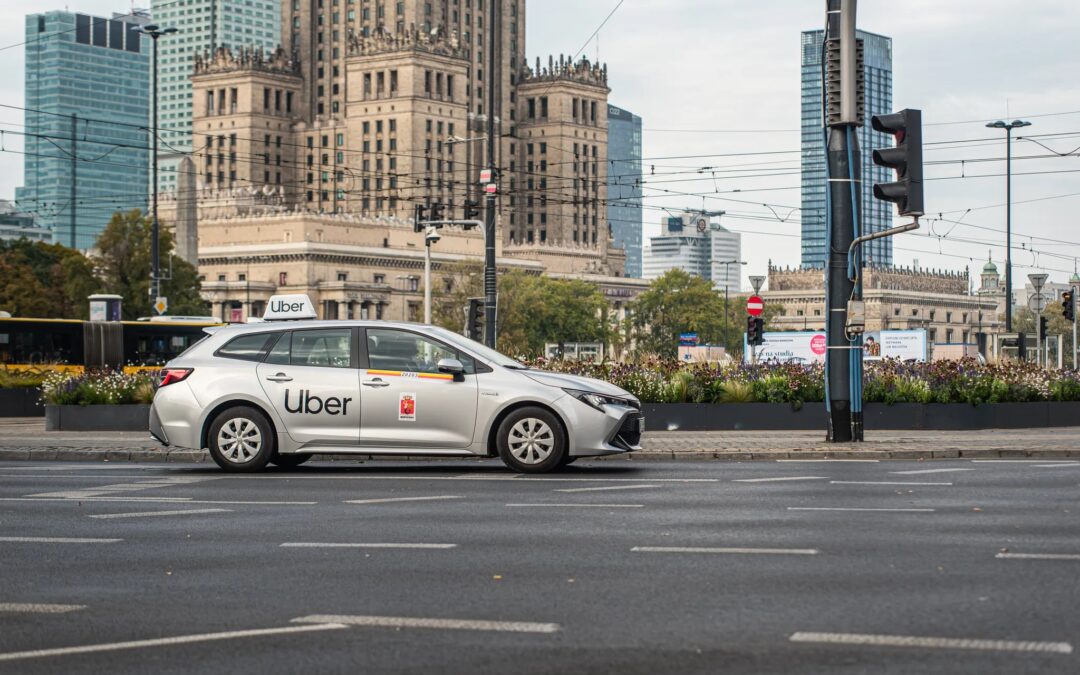The Polish government has condemned reports that it is turning away non-white people seeking to cross the border from Ukraine as “fake news”. Such claims have been widely shared on social media and also repeated by some officials, including the Nigerian president’s spokesman.
Since Russia’s invasion of Ukraine, hundreds of thousands of people have sought to flee the country. The largest numbers have entered Poland, which confirmed yesterday that over 200,000 had crossed the border since Thursday.
Over 100,000 people have entered Poland from Ukraine since Thursday. "All those who need help will find it," says the head of the border guard
Polish state railways has announced free travel for Ukrainians and tonnes of aid have been donated by the public https://t.co/rUYDSOgwSf
— Notes from Poland 🇵🇱 (@notesfrompoland) February 26, 2022
Yet many have struggled to cross, with reports of queues stretching kilometres on the Ukrainian side of the border. Among them are some some third-country nationals living in Ukraine, including students from Africa.
One video, which has been watched over two million times on Twitter, shows a group of African students in a confrontation with officials, who appear to be refusing to let them pass. Some descriptions attached to the video suggest that they are Polish officers, though in fact they are Ukrainian.
Just to clarify, that's on the Ukrainian side of the border and those are Ukrainian forces, not Polish https://t.co/uc3kbcEhzZ
— Daniel Tilles (@danieltilles1) February 27, 2022
BBC reporter Stephanie Hegarty reports having been in touch with many African students stuck on the Ukraine border. One said that black people were being sent to the back of the queue and told that Ukrainians were to be let through first.
Hegarty clarified, however, that it was Ukrainian soldiers rather than Polish border guards turning them away. Photographs from the Polish side of the border (including the one at the top of this article) show that a number of people of colour have crossed from Ukraine.
A Nigerian medical student at Poland/Ukraine border (Medyka-Shehyni) told me she has been waiting 7hrs to cross, she says border guards are stopping black people and sending them to the back of the queue, saying they have to let 'Ukrainians' through first.
— Stephanie Hegarty (@stephhegarty) February 26, 2022
Polish border force spokesperson told me Poland is allowing anyone who comes to the Ukraine border entry to Poland
— Stephanie Hegarty (@stephhegarty) February 26, 2022
Other reports have also indicated that Indians are facing similar difficulties, with BBC reporter Poonam Taneja sharing a video purporting to show Indian students not being allowed to enter Romania.
Ravinder Singh, head of the UK-based Khalsa Aid humanitarian group, tweeted to his 340,000 followers that Polish authorities were turning away international students at the border in what he called “absolute racism”.
In response, the Polish prime minister’s office accused Singh of “spreading misinformation”. It said that refugees from Ukraine were being admitted to Poland regardless of nationality.
You are spreading misinformation. Refugees fleeing war-stricken Ukraine are entering Poland regardless of their nationality. Almost 200,000 refugees have already found shelter in Poland!
Below you can find how we are dealing with it ⤵️#PolandFirstToHelphttps://t.co/jKIIo5lX1q— Chancellery of the Prime Minister of Poland (@PremierRP_en) February 27, 2022
The Indian Express newspaper said it had been in contact with Indians stuck on the Ukrainian side of the border with Poland who said that they were being discriminated against by Ukrainian officials, who were letting through Ukrainians first.
But one Indian student also said that Polish officials were refusing to let Indians cross. This was denied by Poland’s ambassador to India, Adam Burakowski, who tweeted that “Poland is allowing to enter without any visa all Indian students who escape from Russian aggression in Ukraine”.
Rao Maddukuri, president of the Poland-India Business Council, told the Indian Express that one reason for the problems may be that authorities are giving priority to women and children at the border. He visited the Ukrainian side of the Medyka crossing on Saturday and said that almost 2,000 Indian students were stuck there.
Poland is allowing to enter without any visa all Indian students who escape from Russian aggression in Ukraine.
— Adam Burakowski (@Adam_Burakowski) February 27, 2022
The situation at the border has drawn expressions of condemnation and concern from some African government officials. Clayson Monyela, South Africa’s head of public diplomacy, said that Africans had “been badly treated” at the border.
He shared a video from the Medyka crossing from Ukraine to Poland in which a woman said that a system of “separation” had been implemented, with Ukrainians given “special treatment” and Africans prevented from crossing.
— Clayson Monyela (@ClaysonMonyela) February 27, 2022
Meanwhile, Nigerian media have reported a statement issued by Garba Shehu, spokesman for President Muhammadu Buhari, in which he said that there had been numerous accounts of “Ukrainian police and security personnel refusing to allow Nigerians to board buses and trains heading towards the border”.
There are also “separate reports of Polish officials simply refusing Nigerian citizens’ entry into Poland from Ukraine”, said Shehu. “It is paramount that everyone is treated with dignity and without favour. All who flee a conflict situation have the same right to safe passage…and the colour of their skin should make no difference.”
Vokzalna, Kyiv. pic.twitter.com/Jjyq8P58SA
— Nze (@nzekiev) February 25, 2022
Main image credit: Jakub Orzechowski / Agencja Wyborcza.pl

Daniel Tilles is editor-in-chief of Notes from Poland. He has written on Polish affairs for a wide range of publications, including Foreign Policy, POLITICO Europe, EUobserver and Dziennik Gazeta Prawna.



















